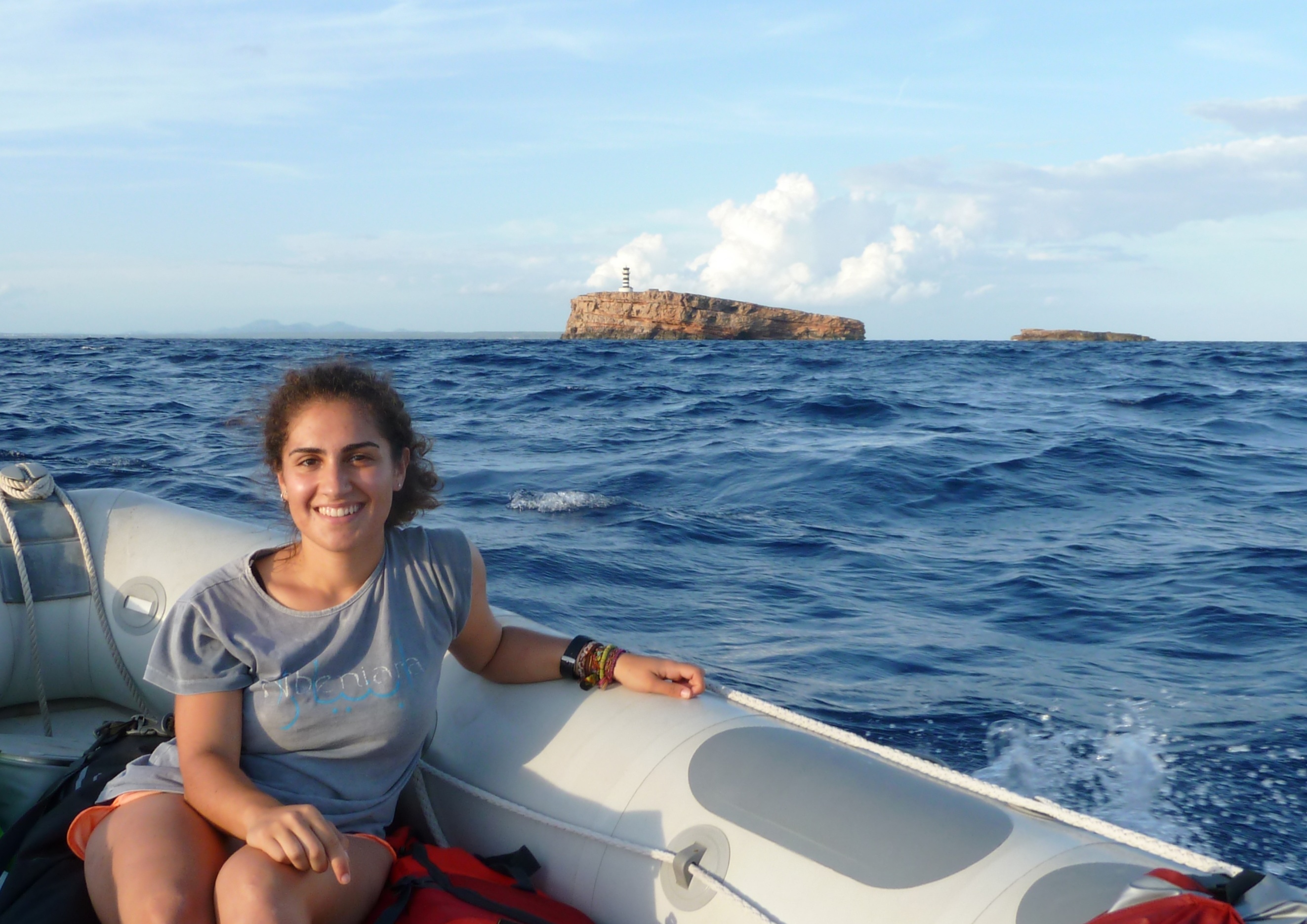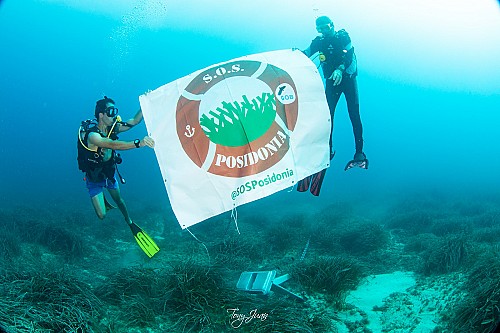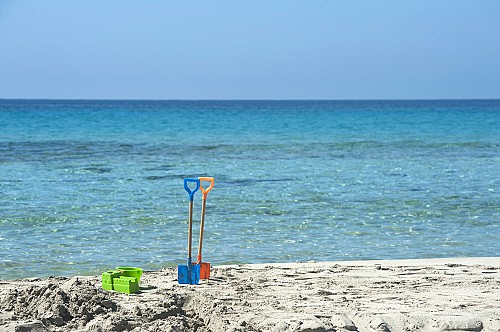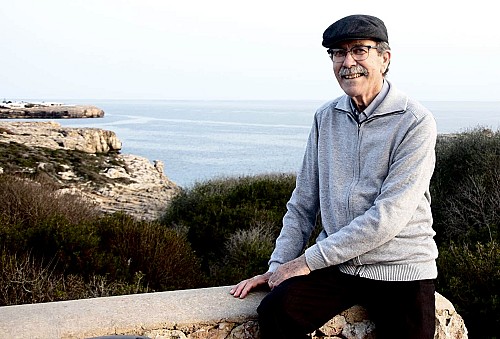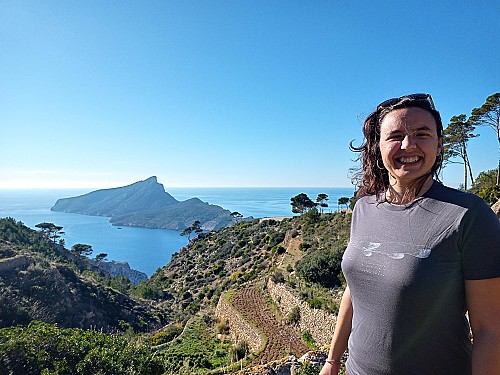Neus Matamalas graduated in Biology from the University of Barcelona (UB) after working on fisheries interaction and incidental seabird catch. Later, she continued participating in the study and monitoring of one of these birds, the shearwater Calonectris diomedea, in different breeding colonies, one of them in the natural park of Cabrera. She also studied for a Master's in Oceanography and Marine Environmental Management, where she had the opportunity to work in UB’s marine ecology department, participating in the marine monitoring of the Medes Islands marine reserve and developing a methodology for the study of a mortality phenomenon in calcareous algae. She has worked for the Balearic administration managing Red Natura sites and more recently in the private sector, in a conservation organisation focused on the dissemination and protection of the species and habitats of the Serra de Tramuntana mountain range. She is now a marine conservation technician at GOB Mallorca.
How and when was the marine section of GOB Mallorca created, and with what objectives?
The marine section was born out of the urgent need to increase the efforts that the organisation was making to protect and defend the marine environment. Sadly, the sea has always been forgotten and now more than ever it needs to be looked after. At the end of 2021, it was decided to find the means to start the area in 2022; thanks to Marilles Foundation, this was made possible earlier. The main objective is to broaden the scope of our action in the marine environment to improve the management of the Balearic coast and the Balearic Sea.
What are you working on at the moment?
We are currently working on several interconnected lines of work. For instance, we are working to improve the management of Mallorca's marine protected areas by monitoring the rules and regulatory instruments, participating in management bodies, reporting deficits and impacts, and demanding administrative intervention. We’re also working in the public denunciation of direct impacts on the coast and the marine environment. In addition, through environmental education and citizen science projects, we want to bring marine biodiversity closer to the population so that they are aware of its benefits and the problems to which it is exposed, as well as giving them tools so that they can participate in its protection.
What do you think are the main challenges facing the sea and what solutions do you propose?
One of the biggest challenges is to have truly protected marine areas. To achieve this, the necessary human, material, and financial resources must be allocated to ensure that there is a good knowledge of biodiversity, where species can be monitored to enable adaptive management, good surveillance of the areas so that only permitted actions are carried out, and active participation of all the agents involved to define conservation objectives and reach agreements.
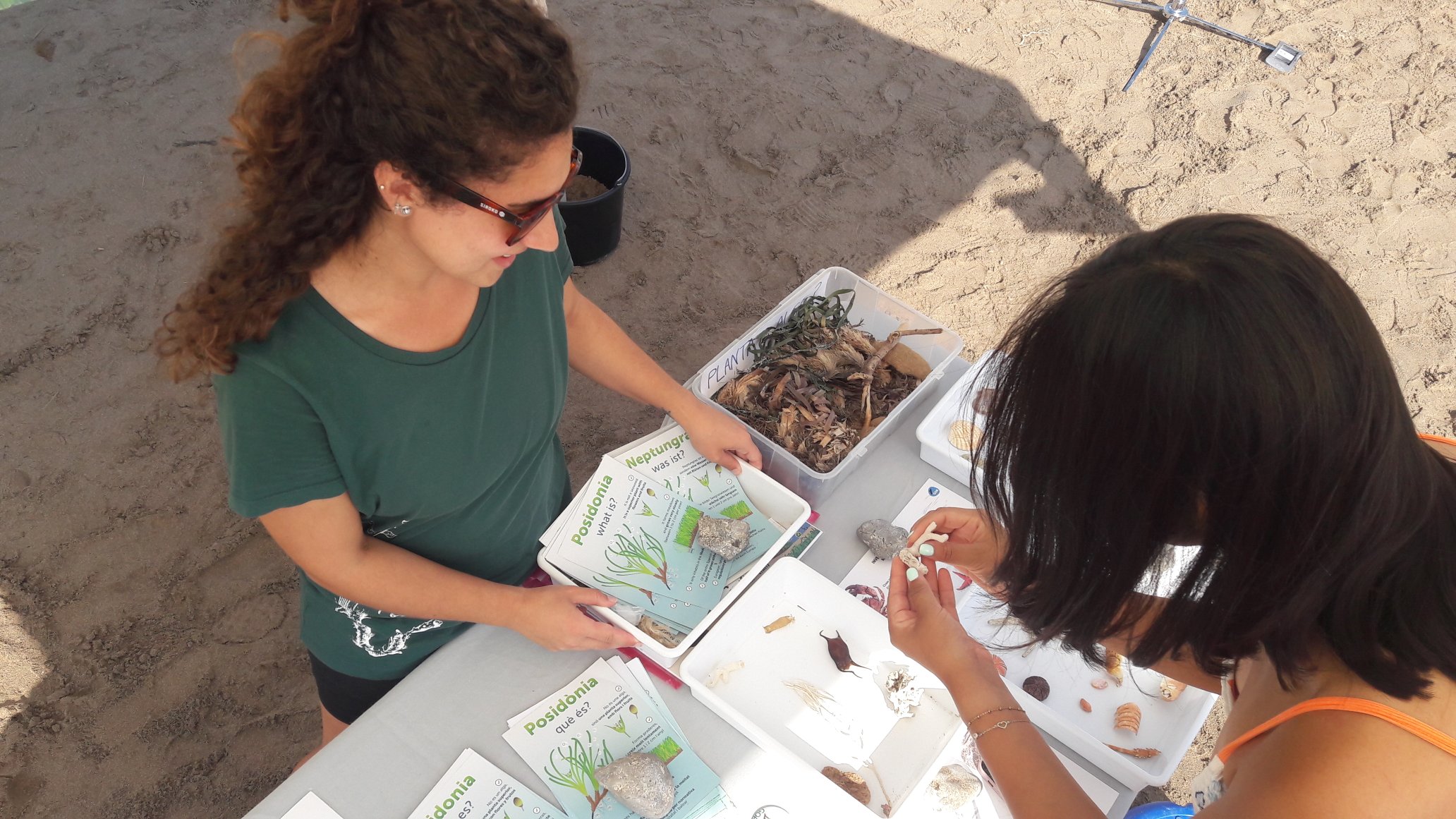
Neus Matamalas during the SOS Posidonia campaign. Photo: GOB Mallorca.
Another major challenge is to tackle the climate crisis, which inevitably has a significant impact on marine biodiversity, the most obvious being the rise in water temperature. To combat this, it is important to stop the destruction of marine habitats. Actions such as anchoring over protected species and habitats, trawling, and water pollution must cease to be a threat.
One of the great challenges, which without tackling it, will make the others difficult to achieve, is social, governmental, and business awareness. Without awareness of the benefits of healthy seas, there will be no real will to create effective protection policies.
Do you work in coordination with GOB Menorca and GENGOB Ibiza on marine issues? How?
The marine sections of the three Balearic Ornithological Groups (GOBs) were born at different times and have paths adapted to the context of each island; each one has its own particularities. Even so, the conservation objectives and values that define us are the same and that is why whenever there is an opportunity to work on joint issues we do so, especially those related to improving the management of marine protected areas. When it came to starting the marine section, I was able to count on the support and experience of my colleagues from Ibiza and Menorca, and we are very happy to finally have this inter-island action network.
What is your relationship with the sea?
I have lived linked to the sea all my life; we are from a small coastal town and the sea has always been my horizon. As a child I spent many hours in the water or sailing with my father. The sea is a place where I feel happy. This feeling has been with me over the years and it has always been clear to me that this turquoise blue that we have in our islands was a gift that nature has given us, but we decide what we want to turn it into. Working to try to protect it has been my decision, and my good fortune. My wish is that we become a big network working towards the same goal.
Quick quiz for sea lovers
A book: Trapped in the Ice by Caroline Alexander.
An image that reminds you of the Balearic Islands: A sunny day and a turquoise blue with dark patches of Posidonia.
A marine species: The little shearwater.
A person or organisation of reference: Jane Goodall.
A beach: S'Algar, Mallorca.
Optimistic, realistic or pessimistic? Realistic, with many moments of optimism.

